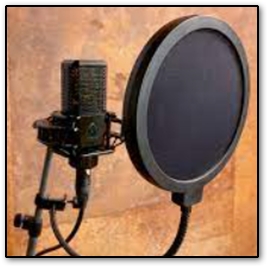ASPIRATION

If you want your English to sound like English there are a number of crucial points to be aware of.
One of them is aspiration: English speakers systematically add a puff of air when producing voiceless stops at the beginning of a stressed syllable (but not when preceded by fricative /s/).
So in the following sentence there will be aspiration on pie but nowhere else.
The spy wanted to buy a blueberry pie.
Interestingly, if we were to cut out [py] from the word spy and play it back to a native they would hear buy. That is because the aspiration is really an intrinsic part of voiceless plosives. Pill without aspiration will sound like Bill to a native speaker of English. So if you want to avoid hearing "Sorry what did you say?" make sure to add a good puff of air to you unvoiced plosives.
BTW it is easy to know whether a sound is voiced or not: Feel the vibration by touching your throat, and then pronounce this sound: /z/. Do you feel the vibration? Many consonant sounds are voiced, and all vowel sounds are voiced. As you may have already guessed, voiceless sounds do not have vibration of the vocal cords.
Plosives are known to be notorious party crashers in a recording studio. When the puff of air from the mouth strikes the microphone they cause popping sounds in the speech signal. And once they are in you cannot get them out! There are several ways of avoiding them: instead of speaking directly into the mic, aiming your voice just slightly to the side, holding a pencil in front of your mouth to disperse the air from those plosive sounds, and of course pop filters to act as a barrier between your mouth and the microphone.

What else can we blame on plosives...? Corona?
Well, according to a linguist from RUDN University, the number of COVID-19 cases in a country might be related to the existence of aspirated consonants in its main language of communication. Phew...!